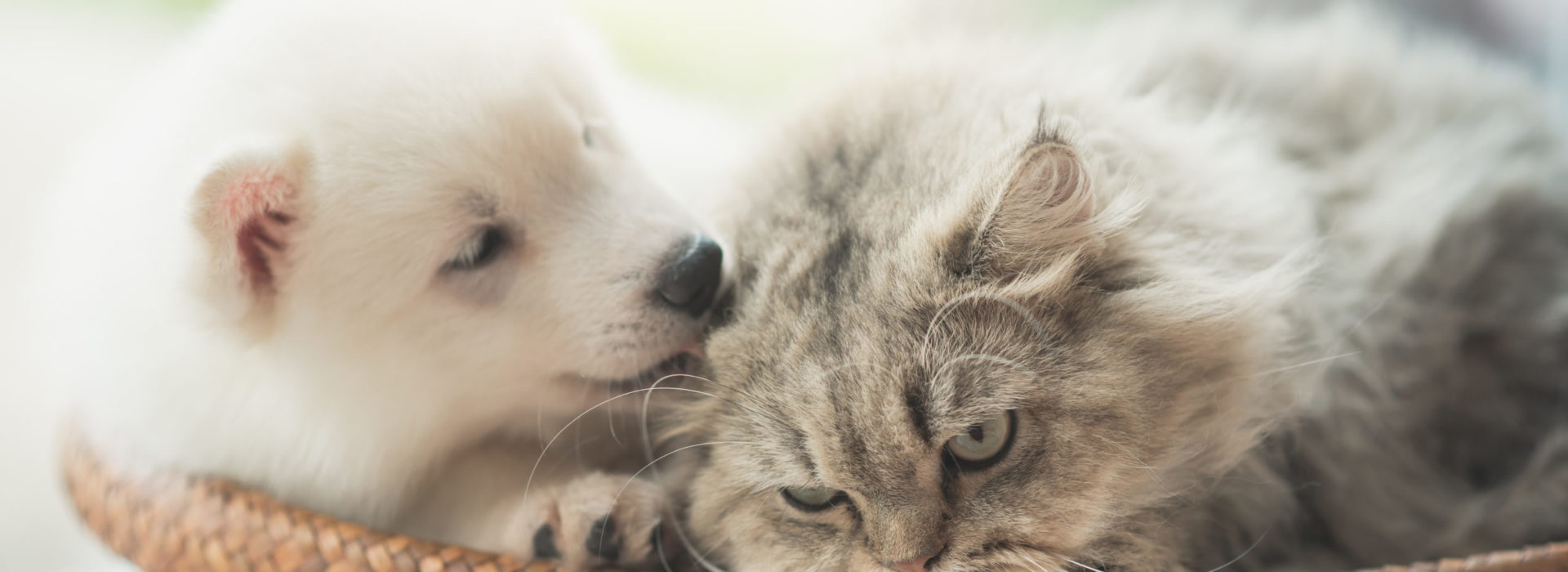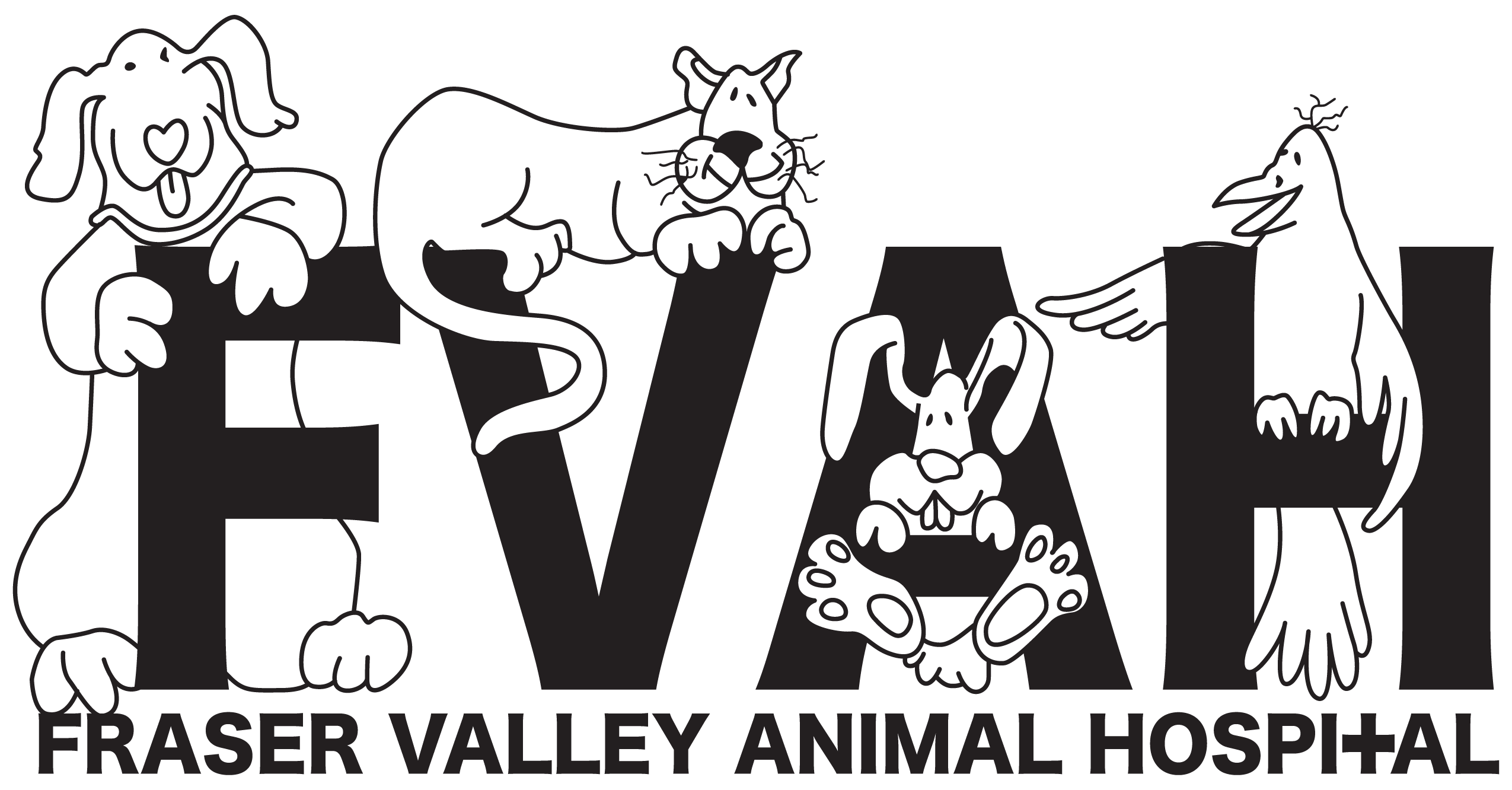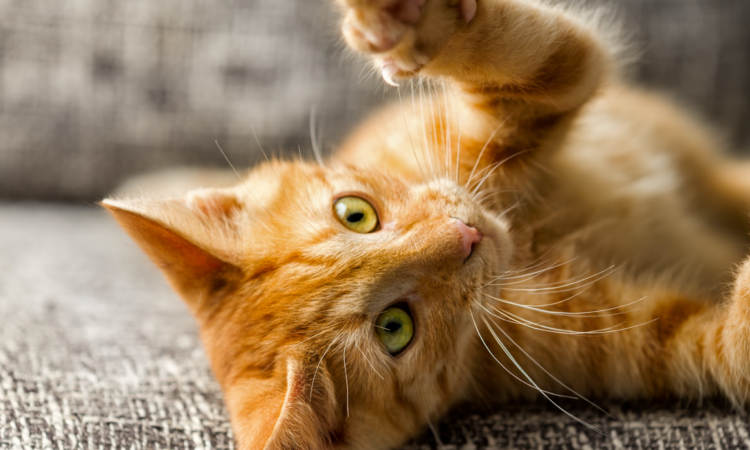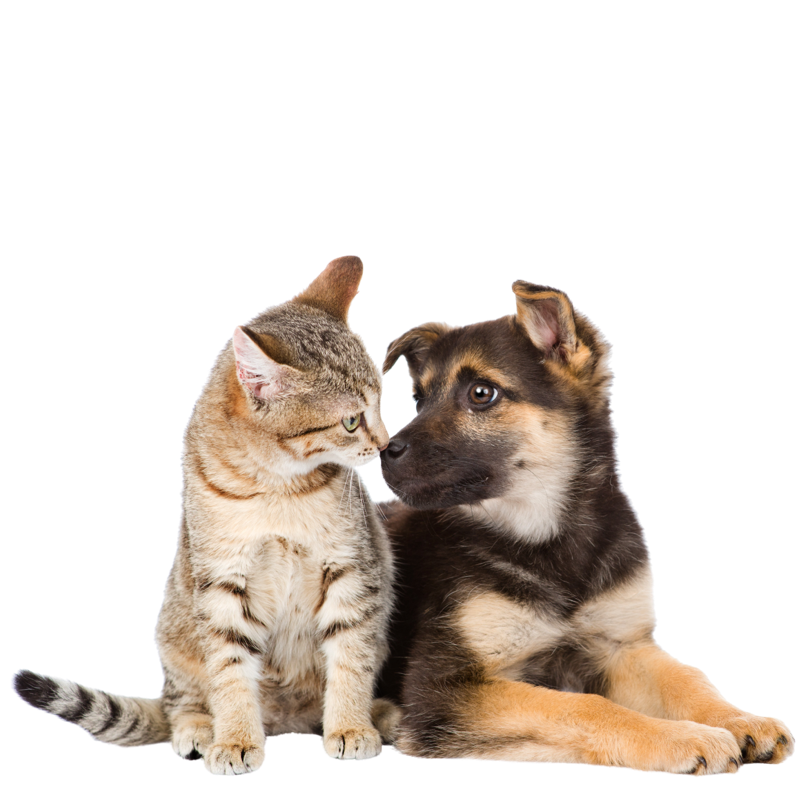We offer a wide range of services, including medical, diagnostic, surgical, and preventive health care needs for your Dogs and Cats so that they can live a longer, happier life. One of the best things you can do for your pet to keep them healthy is to bring them for regular exams. Protect your pets against problems before they start; below is a list of our pet services.

Dog and Cat Services in Abbotsford, British Columbia
Our Services
- Adoption
- Arthritis Treatment for Pets
- Bloodwork Services for Pets
- Boarding (Cats Only)
- Breeding Services
- Dental Care for Pets
- Dermatology Services for Pets
- Deworming for Pets
- Endoscopy for Pets
- Euthanasia for Pets
- Laparoscopy for Pets
- Laser Therapy for Pets
- Microchipping for Pets
- Nutrition Counselling for Pets
- Orthopedic Services for Pets
- Parasite Control and Prevention
- Senior Care Services for Pets
- Spay and Neutering
- Surgical Services for Pets
- Ultrasound and X-ray Services for Pets
- Vaccinations for Kittens and Cats
- Vaccinations for Puppies and Dogs
- Vet Referrals
- Veterinary Exam
- Weight Management for Pets



